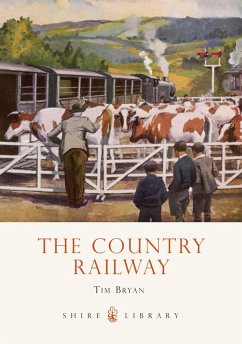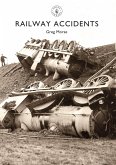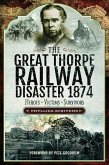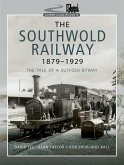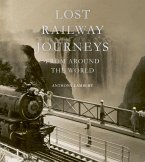Britain's towns and cities were famously transformed in the nineteenth century by the coming of the railways, turning their fortunes around and giving urban dwellers new opportunities to travel across the country - yet the effect on the rural population was arguably far greater. Whilst some of the initial trunk lines were designed to link major cities, the network of smaller cross-country and branch lines that followed opened up large tracts of previously remote countryside, providing new markets for agricultural produce and ending the isolation of many rural communities, and such was the pace of development during the Railway Mania period that by the end of the nineteenth century there were few areas of country not served by train. This book tells the story of these railways from golden age to decline in the wake of nationalization and the Beeching Report in the mid-twentieth century - and indeed contemporary efforts to restore and preserve them.
Bitte wählen Sie Ihr Anliegen aus.
Rechnungen
Retourenschein anfordern
Bestellstatus
Storno

